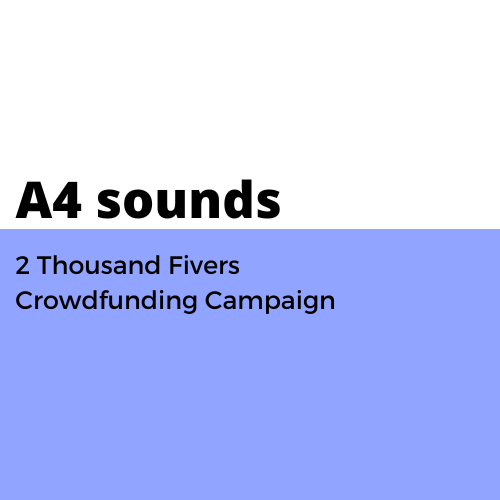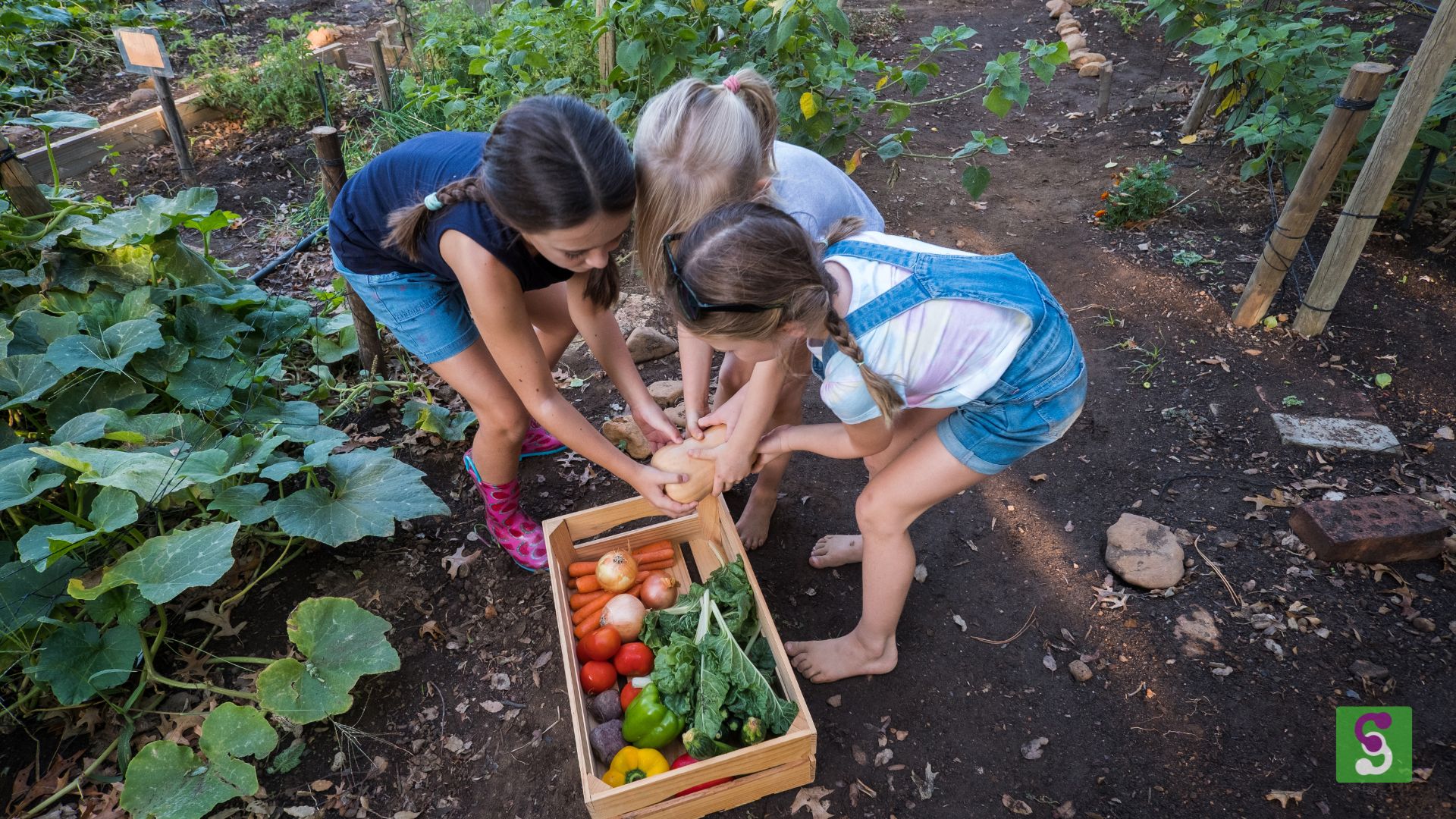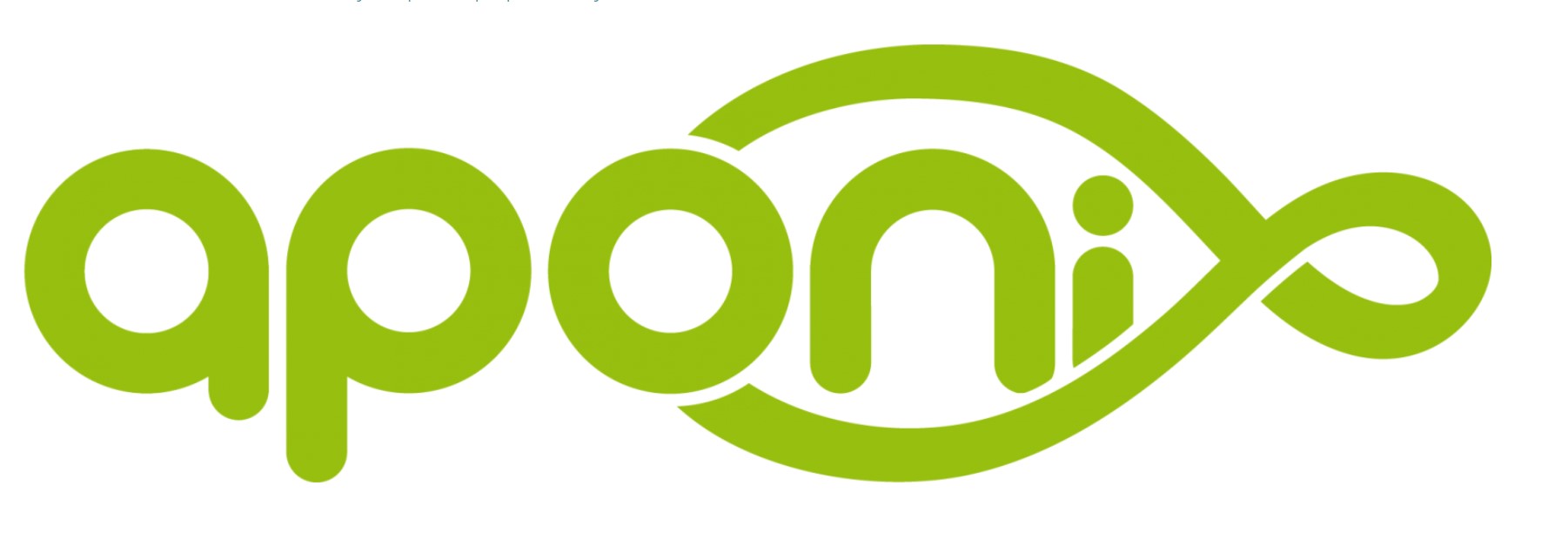
Case Study
PureFoods GmbH
PureFoods GmbH was intended to be a business selling high-quality granola bars with a portion of the profits going to a good cause or charity. The business model was a traditional German GmbH.
Goals & Process
How did you want to finance your endeavour?
- To sell enough product to pay for further investment in the business. However, seed funding came primarily from personal savings.
What was the financial goal (funding amount)?
- 25.000€
What was the process?
- The product was developed before any effort was made to found the company. The company was then established in Germany.
- There was work put into finding out what it would take to enable mass production of the product on a small scale, to enable distribution and proof of product.
- A Facebook page was developed to promote the product.
- There was a lot of talk between the two members of the company about how to proceed in terms of where to try and sell the product and whether or not to seek various certifications.
- Necessary costs were paid, generating a loss in the amount of about 30,000.
Why did you choose this funding type?
As the business was still in an infant stage, it was feasible, easy, and efficient to self-finance. There were friends interested in investing, but the company didn't make it that far.
Successes & Challenges
What went well and why?
- The idea was good and would have been well timed. In the time since the business was started, there has been a boom in müsli bars in Germany. We still believe our product could have competed very well against the products that have since appeared on the market.
- The person to whom the original idea and product development came from has good business experience and business sense.
What were the keys to success?
- The timing and insight on what the market would support were excellent.
- There was an expectation for a high-quality product.
- There was good moral support and encouragement from friends, family and acquaintences.
What didn’t go well and why?
- The intention was to have another person get the business going, while the owner of the idea was busy with a full-time job. The new "CEO" of the company was lacking in knowledge and experience on all fronts: business, book-keeping, language, the product, legal requirements, etc.
- In addition to learning how to get a business started in a foreign country to which she had just moved, the CEO was also unable to speak the local language and in the first phase of growing her family.
Takeaways & Additional Information
Recommendations and warnings/disclaimers
- The people involved in getting such a business going and off the ground need to have more than just passion for the product (or service). It is important to make sure that they also have the time to learn the skills needed for success, if they don’t already have them.
Additional information that is helpful for other social entrepreneurs to consider or to fully understand the context and intent of the piece:
- I think it is possible to start a business in Germany, even without a lot of business experience. Depending on the business, I don’t even think it is necessary to master the language (though some level of fluency is important to understand legal requirements and expectations). But, a strong support system in terms of personal and professional support is critical, even if the financial piece isn’t as pressing.
- The business model was modified to enable additional services, which were provided on an as-needed basis. This was a bit benefit in that it defrayed the losses considerably. Eventually, however, the business was liquidated.

06.07.2022
PureFoods GmbH
Basics
Rookie
25.000 €
Germany
Discussion forum
Share your thoughts and questions on this project!





 (1).jpg)

